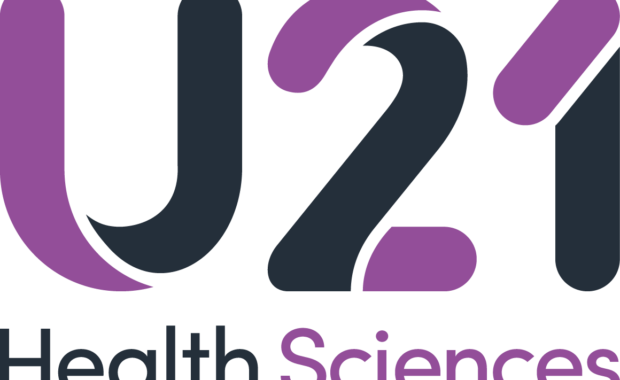This toolkit is based on a study that aimed to establish the feasibility and accessibility of training primary care practitioners in addiction
Towards a research agenda for addiction education in Europe, u21 poster
u21 health sciences group 2020 virtual meeting: A collaborative approach to healthcare was hosted by University College Dublin from August 25th -
Can stimulants treat stimulant use disorder?
This ‘systematic overview of reviews’ assembled the evidence for stimulant use disorder treatments from the systematic reviews of literature.
Eight years joining CPDD drug problems conference
Some things in academia can become so much fabric of your life that you stop counting years. The conference of the College on Problems of Drug
Can prescribers avoid contributing to opioid use disorder?
A 21 y/o has surgery for a condition expected to improve. He fills a discharge prescription for 5 days of an opioid at a standard dose. At 1-week
Why Cochrane collaboration makes strongest researchers
So what has the Cochrane membership done for me? Inspired by Dr Jeremy Grimshaw’s question: “So what has the Cochrane Collaboration ever done for us?”
Missing Evidence on Addiction Medicine Professional Training Needs
We wanted to find out whether newly trained professionals working in addiction medicine around the world felt they had enough and appropriate training
How to find non-academic mentors
Mentors facilitate professional development in academia. But non-academic mentors are equally important. Here, I acknowledge non-academic mentors and
Addiction training provision must meet training needs
Closing the gap between training needs and training provision in addiction medicine Substance use disorders pose a significant






